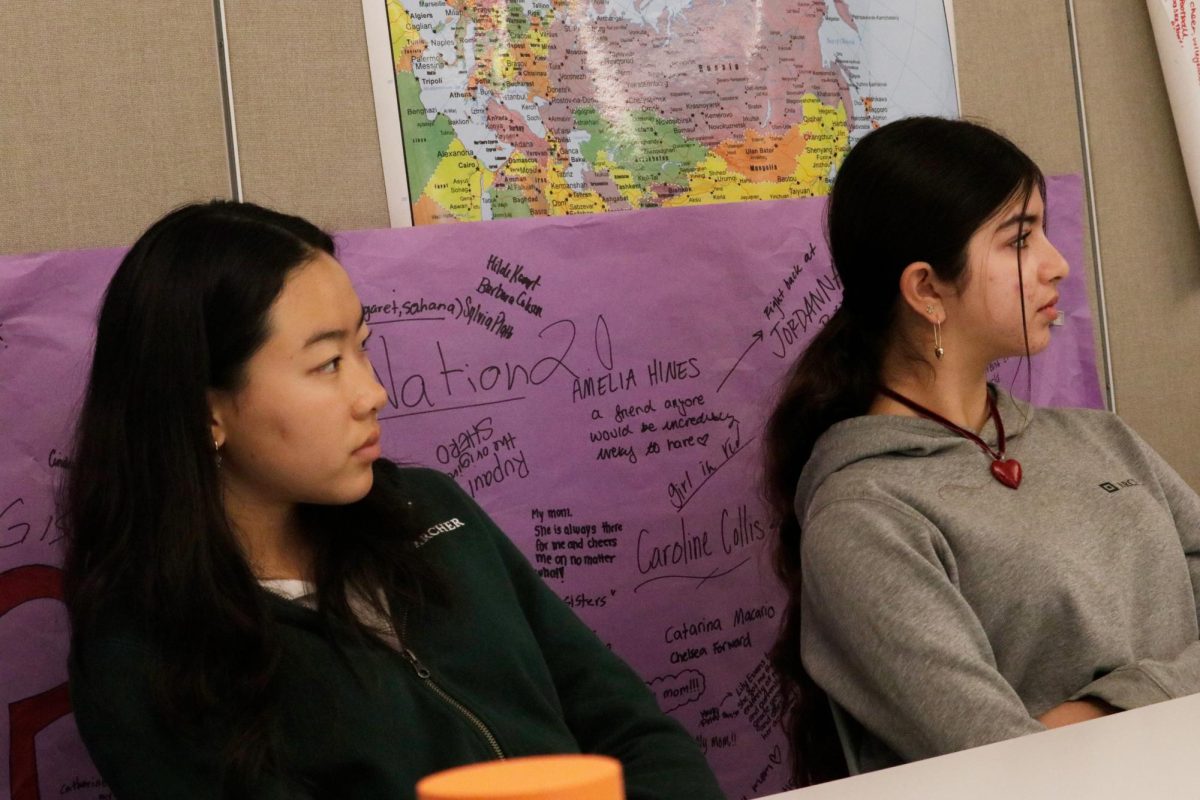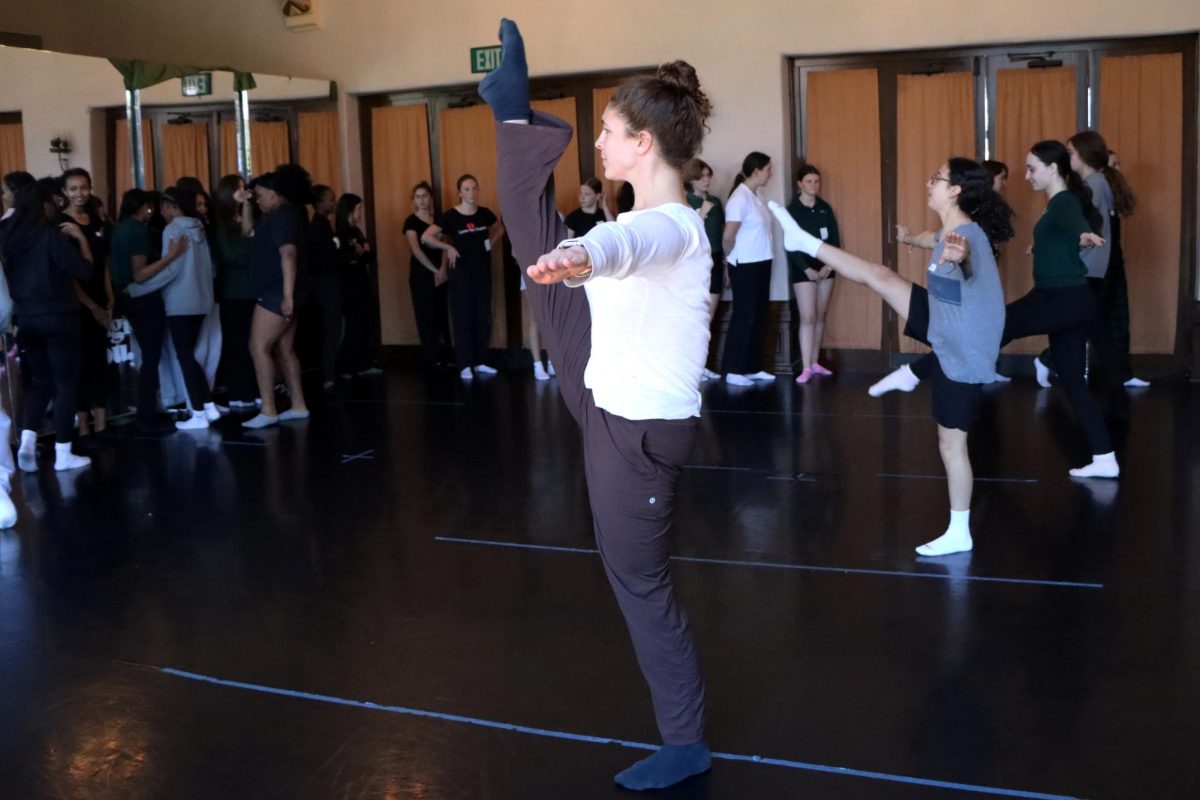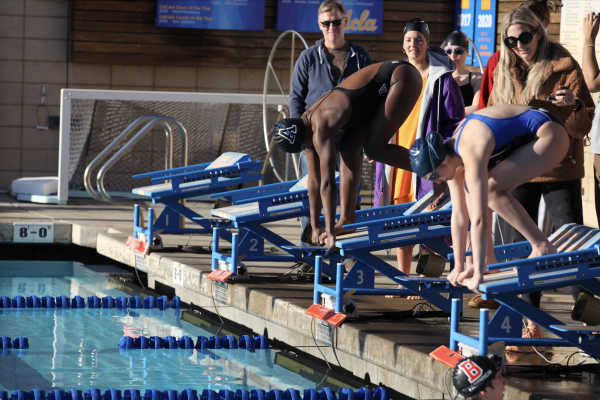Commentary: Consequences of postponing Tokyo’s Olympics to 2021 need solutions

Photo credit: Avery Fox
The Olympic rings each represent different continents at the Olympics. This year’s summer olympics in Tokyo has been postponed to 2021.
May 21, 2020
From track and field events to gymnastics, the Summer Olympic Games in Tokyo, Japan, were going to be the main sporting event of the year. While postponing due to COVID-19 was the best action to take given this time’s uncertainty, some may overlook the ramifications this may cause on athletes and the economy. All governments, not just Japan’s, and the International Olympic Committee need to address these consequences by making plans and sharing them with their citizens.
The Summer Olympics were originally scheduled to take place between July 24 and August 9, 2020. Due to COVID-19, the games have been rescheduled to July 23 to August 8, 2021, right before the Paralympic Games.
Prior to the postponing, the International Olympic Committee and the Japanese government discussed all possible options regarding this summer’s games and decided they would resume. After hearing this, Canada and Australia announced that they would withdraw from the competition if the Olympics were not in 2021.
Overall, the health and safety of all who would be in Tokyo was the reason behind the postponing, along with the pressure from other countries. Despite this, the decision to postpone may have many more long-term consequences. Currently, there are no exact plans to help with these. However, if there aren’t any made by national governments, the International Olympic Committee and others, then the lasting imprint of COVID-19 will stay and continue to disturb future games even if there is a working vaccine.
By the summer of 2021, COVID-19 might remain a global pandemic without a vaccine and with a few million cases more than there are now. According to Dr. Yoshitake Yokokura, president of the Japan Medical Association, the Olympics in Tokyo will only take place if there is an effective vaccine. Additionally, if flight restrictions are still in place and testing remains low, Yokokura said that the games will have to be cancelled, with the next summer Olympics being in Paris in 2024.
Firstly, Tokyo could suffer from economic repercussions as a result of the postponement. Japan spent around $12.5 billion to prepare for the Olympics. As a result of the postponing, Japan will lose around $1.9 to $5.9 billion. If the Olympics are cancelled altogether, millions of people who bought tickets could completely lose their money if Tokyo does not offer refunds. If there are refunds, then Tokyo will be even more in debt.
Additionally, while other countries may not be taking the brunt of the debt caused, governments who supported their nation’s teams would also lose money, which could lead to it being harder to bid for the 2032 Olympics to be in their cities. This could also lead to it being harder to host the 2024 Olympics in Paris and the 2028 Olympics in Los Angeles. Given the current economic state, how are these events still going to take place without a feasible plan?
Furthermore, there is the issue of the athletes and those who may have not had a chance to qualify for their sport yet. Some qualification events took place prior to the closures caused by COVID-19, but others have not happened yet. Depending on the state of their countries, some athletes may no longer have a place to train with their coaches or teams. Local or national lockdowns are currently happening in a lot of the countries that are going to be represented in the Olympics. Most countries at least have local or nationwide recommendations.
According to the International Olympic Committee, there are roughly 11,000 spots at the Olympics in all sports. Prior to postponing, only 57% of these spots had been filled. While the remaining qualifications have been postponed, experts do not know when the conditions will be safe enough to host these again, which is disturbing for some athletes who have yet to qualify.
In order for future Olympics to happen, changes need to be made by having various organizations release plans on how to move forward beyond the pandemic. Otherwise, it will be hard to recover, and the Olympics will not be able to continue in the same capacity as before.




































































